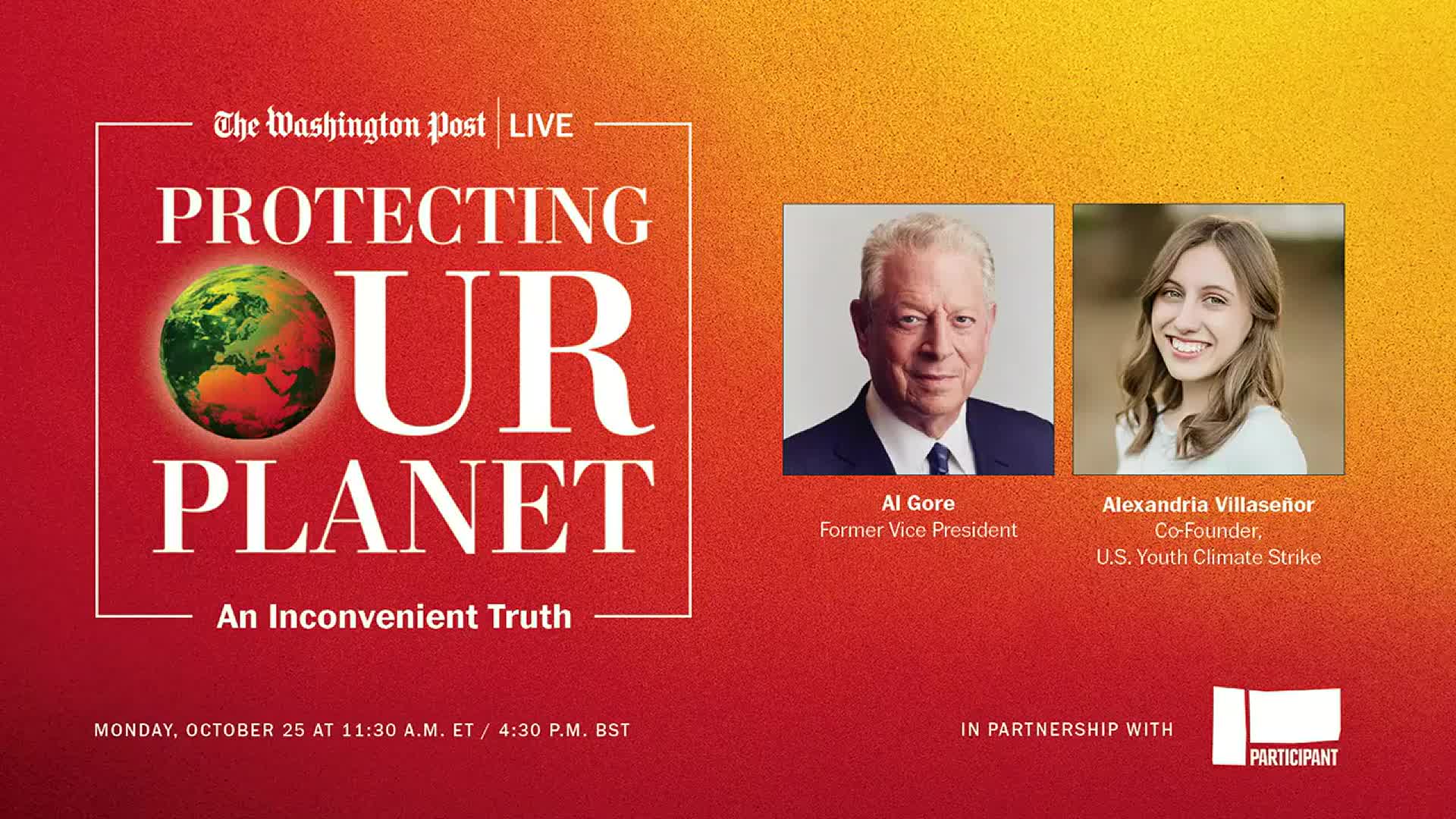
Some researchers have argued that An Inconvenient Truth’s polling gains happened mostly among women and liberal, well-educated Democrats. Yet at the same time, the present’s bitter seeds were being sown. It’s impossible to ignore Gore’s role in that period. climate policy might even have been possible. also passed its omnibus climate legislation in 2008.įor those few years in the late 2000s, some kind of lasting U.S. “Good stewardship, prudence, and simple common sense demand that we to act meet the challenge, and act quickly.” The U.K. “The facts of global warming demand our urgent attention, especially in Washington,” said John McCain in a major 2008 speech. In the 2008 presidential race, both candidates promised urgent action on climate change. For a time, the issue became unavoidable. Perhaps above all, Gore’s film was well-timed: Just as American opinion of the Bush administration was collapsing, and just as Hurricane Katrina reminded Americans that no one can escape the weather, An Inconvenient Truth refocused the media’s attention on global warming. A Pew survey conducted in its immediate aftermath found that the number of Americans who say that climate change is caused by human activity rose by 9 percent, from 41 percent to 50 percent.
AL GORE AN INCONVENIENT TRUTH MOVIE
Multiple studies have found that the movie really did shift public opinion on climate change. More than a decade later, An Inconvenient Truth remains a standalone accomplishment in the history of American climate politics. Which makes An Inconvenient Sequel a pretty accurate document of the times. Gore declares that we cannot go back, we cannot lose ground, we cannot surrender-but he seems as at a loss as anyone else about what to do next. (Warning: This review contains spoilers about the last nine months of geopolitics.) But given that the last moments of the film take place in this world, the movie spends its last moments on the election of Donald Trump and America’s abandonment of Paris. The movie’s climax is the agreement’s completion-a crowning achievement for Gore, and a rare triumph in the long and otherwise sorry history of global climate cooperation.Īnd just think: If 100,000 people had voted differently in three states, that could have even been the end of the movie. Over the course of 100 minutes, Gore educates handsome young people about global warming while working off-stage to push for a finished document. And the Paris Agreement on climate change provides the closest thing this documentary has to a plot.

The arrangement, which saw SolarCity donate one of its newest solar-panel designs to India, allegedly allowed that country to sign on to some of the more stringent language in the Paris Agreement.

An Inconvenient Sequel, the follow-up to Al Gore’s blockbuster 2006 global-warming documentary, An Inconvenient Truth, spends a major chunk of its screen time on an intellectual-property deal-one that was imagined, brokered, and sealed by the former popular-vote winner himself.


 0 kommentar(er)
0 kommentar(er)
